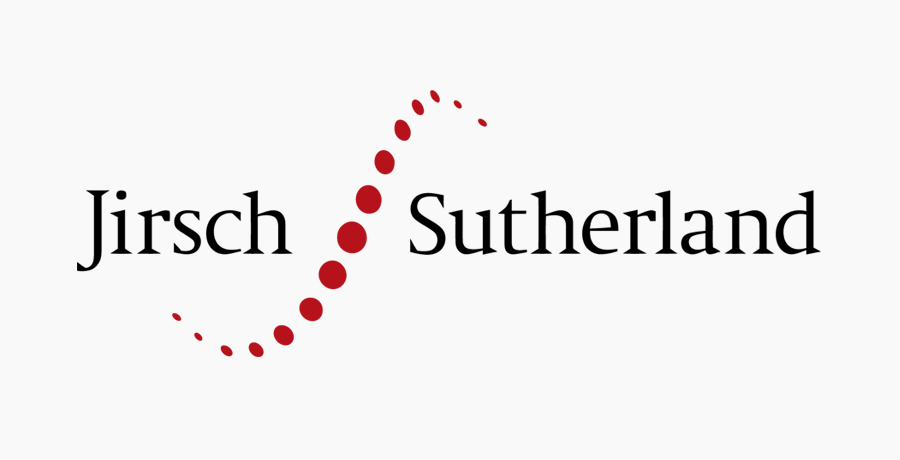Old habits are hard to break – but Jirsch Sutherland is forging the way into a paperless new world and taking the legal community with us.
The rapid evolution of technology in the past decade has been embraced by numerous industries. But the law has been slower to adapt – not just in terms of legislation to protect the community from the cyber-crimes that have evolved, but in its day-to-day operations.
Tradition is a wonderful thing, except where it impedes our ability to work more efficiently and causes damage to people and the environment.
In fact, the environment was one factor that encouraged Jirsch Sutherland to act earlier this year to change the centuries old convention that all legal documents must be produced as hard copies.
Earlier this year we became the Administrator of recruitment firm Challenge Recruitment. Under the Corporations Act (2001) we are obliged to give written notice of a second major meeting of creditors and provide a report of the company’s affairs. Under section 439A of the Act, that written notice had to be sent as hard copies. It was then that we realised that 200 pages of documents had to be sent to each of the 2900 creditors. That’s 580,000 pages – a huge number of “trees”.
It brought home the enormity of how much paper is wasted each year because of an outdated law that needed to catch up with modern communications technology.
The proof of how attached lawyers are to paper is in a study commissioned by document-management company Fuji Xerox. The study, called Paper Still The Rule For Australian Law Firms sampled 100 Australian law firms with less than 300 employees. The results were astonishing – and frightening when you consider the impact on the environment.
According to the survey, 80 per cent of law firms still print all or most of the documents they receive electronically, while 79 per cent use hard copies when exchanging documents with other firms. The main reason was force of habit, with legal requirements a close second.
Jirsch Sutherland decided it was time to bring about a much needed change of habit. We engaged solicitors and on 20 July 2016 they applied to the NSW Supreme Court on our behalf for an order under section 447A of the Corporations Act (2001) to modify the requirement to physically send notices and documents to creditors.
The Court granted the order and, in the process, not only benefitted the environment, but brought at least one part of the law a step closer to the 21st century.











